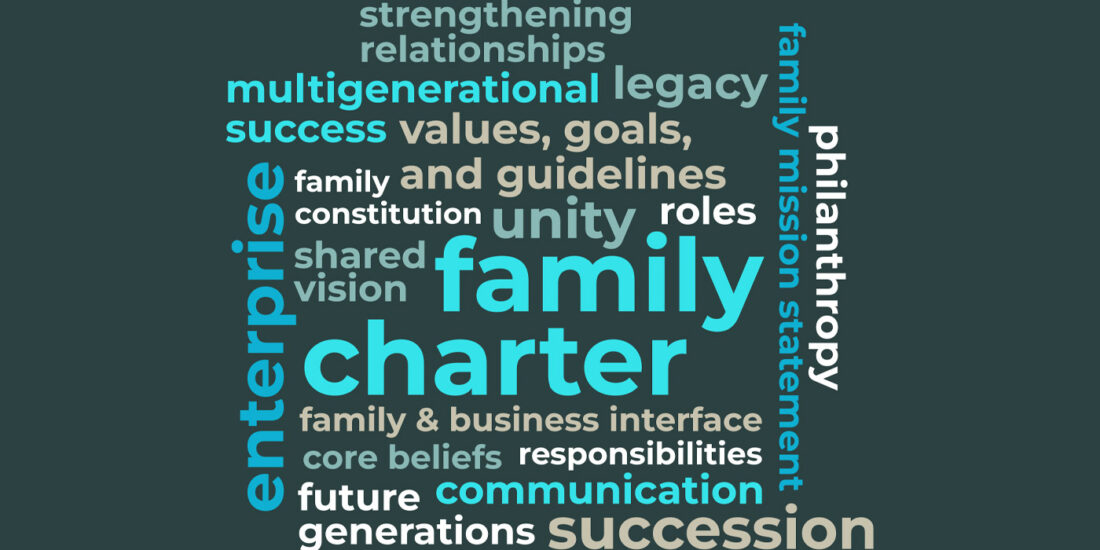The Effect of Organizational Characteristics on the Appointment of Non-Family Managers in Private Family Firms: The moderating role of socioemotional wealth
(Authors: Pieter Vandekerkof, Tensie Steijvers, Walter Hendriks and Wim Voordeckers)
Research Applied précis prepared by John L. Ward, Kellogg School of Management, Northwestern University
When and why do family firms hire, or not hire, non-family executives? Those of us who are practitioners all face this question. We are often frustrated that those we want so much to succeed limit themselves by not melding the needed capabilities of outsiders with the passion and perspective of family employees.
For academics, this paper energetically examines how family emotions affect decision-making in family businesses. This is rich territory for research. It is intuitive for practitioners. For us, the paper raises and helps with three important, practical questions:
- Which emotions really matter in family business decision-making?
- When do family firms most need non-family executives as part of their top management team?
- How can we as advisors best support families in business as they struggle with their reluctance to hire outsiders?
Further, the paper’s definitions of “familiness” provide tools for advisors: how many officers and directors share the same name or address? And how strongly does the owning family emphasize the following non-economic goals:
- To maintain family traditions and character
- To create and maintain jobs for family
- To assure independence of management
The authors studied these questions by sending surveys to Belgian family businesses, of which 145 responded. See the paper’s reference to the simple and valuable STRATOS (Strategic Orientations of Small and Medium Sized Enterprises) questionnaire which the authors used for this study. Let’s return to our questions for the benefit of practitioners.
What emotions really matter in family business decision-making?
- Protecting personal identification with the business
- Assuring continuity of control, and
- Preserving managerial influence
When do family firms most need the capabilities of outsider hires?
- To provide innovativeness
- To support internationalization
- To cope with the increased challenges of growing size
How can advisors help integrate more non-family capability (if needed)?
- Propose outsiders who will comfort the family’s concern for identity and control. We find the non-family executives who “fit” best have personal non-economic ideals and emphasize company continuity as well as financial results.
- Encourage family members to gain breadth and depth of outside experience through travel, schooling, and/or work. Family can help bring the needed capabilities, too.
- Reinforce what family brings best to the organization – the idiosyncratic skills of historical perspective and of building social networks and social capital.
- Encourage independent directors for the business board. They can model the needed capabilities – but less threateningly. They can provide support as the family members struggle with the ambivalence of economic and non-economic dilemmas.
The paper closes by reminding us what we know, but what we need to be mindful of:
Emotions outweigh rational considerations in family business considerations and decision-making.
We also are reminded that family businesses are stimulatingly complex. For example, while firms may well need international talent, they may also be reluctant for family members to live away from home. And, while emphasizing innovation is essential, so, too, is preserving the strengths of tradition.
About the contributor:
 John L. Ward is clinical professor of family enterprise and co-director of the Center for Family Enterprises at Northwestern University’s Kellogg School of Management. An FFI Fellow, John is also a founding member of FFI and the recipient of the Richard Beckhard Award. He can be reached at [email protected].
John L. Ward is clinical professor of family enterprise and co-director of the Center for Family Enterprises at Northwestern University’s Kellogg School of Management. An FFI Fellow, John is also a founding member of FFI and the recipient of the Richard Beckhard Award. He can be reached at [email protected].




